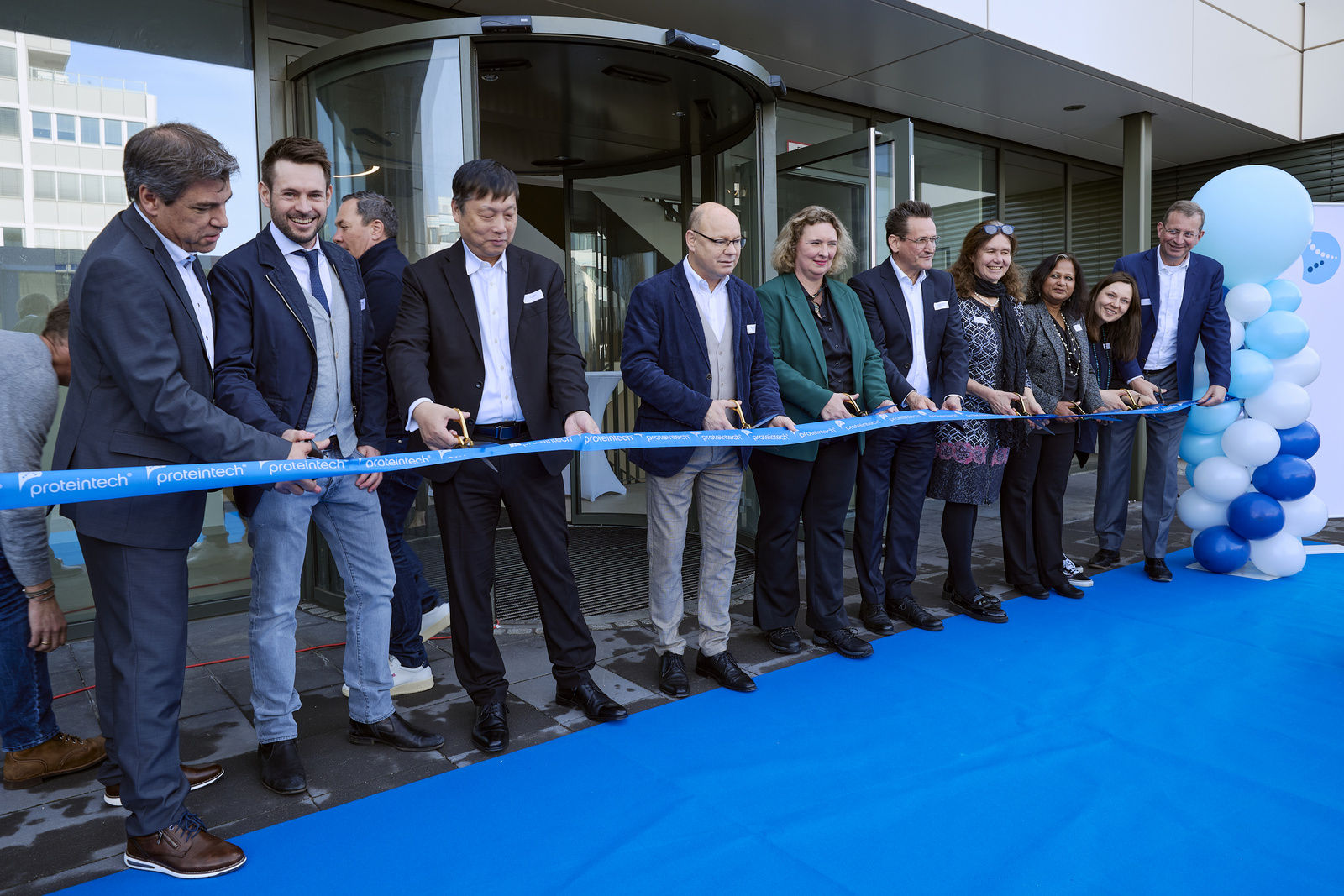- Startseite -
- Digital Bavaria -
- Blog #bytevaria - Knowledge transfer: a boost in innovation for small and medium-sized enterprises (SME).
Knowledge transfer: a boost in innovation for small and medium-sized enterprises (SME).
Renowned research institutes across Germany, including the Max Planck Society, Helmholtz Association, Leibniz Association and Fraunhofer Gesellschaft, all enjoy global recognition and are also coveted connecting points especially for foreign investors.
One example concerning the Fraunhofer shows how valuable applied research is as a service for companies. The Fraunhofer Gesellschaft first began as a small society and has developed into a leading organisation of applied research in Europe. Today, more than a third of the society's finances are generated by means of project contracts from the economy throughout the whole of Germany. With over 22,000 employees, the Fraunhofer ranks among the top ten research institutions in Europe.
Vibrant research landscape in Bavaria
Almost half of the 66 institutes and independent research institutions are located in Bavaria, amongst which include 8 institutes and 21 independent research institutions and project groups. Government funding programmes provide impetus for selected subject areas and regions. In 2006, the Bavarian government gave the green light to PRINZ – the PRozessINnovationsZentrum (Centre for Process Innovation) which is at the same time the first Frauenhofer endeavour in Upper Franconia. The whole of the region is making the most out of this offer. Already more than 80 research and development projects have been executed in the first 6 years, in close collaboration with industries, universities and the Fraunhofer Gesellschaft. Research services calculated in line with prevailing market standards fall clearly below comparable research and development efforts that would emerge from the business side.
Investors benefit from a transfer of knowledge
Many companies who have relocated with the help of Invest of Bavaria boost their innovative power through cooperative research projects with the Fraunhofer. NTT Docomo Euro-Labs Munich, a subsidiary of the most predominant mobile phone operator in Japan, established the innovative video compression technology HEVC (high efficiency video coding) in February 2013. This was achieved together with the Fraunhofer and has enabled increased image quality, with a small volume of data, which has in turn resulted in a reduced network load. Additionally, the Chinese IT and telecommunications provider Huawei has established a new centre for research and development in Munich.
Close cooperation between research and industry
The close cooperation which brings research and industry together in Bavaria is a crucial location factor for the international high-tech industry. An open dialogue creates the basis. Before a research and development agreement is signed, companies are advised free of charge and without obligation and technology days are organised to provide intensive exchanges on bigger project ideas. By doing so, research experts and interested companies can together identify starting points in specific subject areas. The "mittelstandsorientierte Eigenforschung" MEF (a research program for small and medium-sized enterprises) provides additional support for activities in SME-related areas of operation. In addition, the Fraunhofer Academy offers superb further training for experts and managers from the economy. All this strengthens the innovative spirit of companies situated in Bavaria.

Chicago/Planegg-Martinsried: the US-based Proteintech Group triples the size of its site in Bavaria – with a key focus on research & development, production and logistics

Five minutes with… Casper van het Hof, CEO IAZH GmbH
